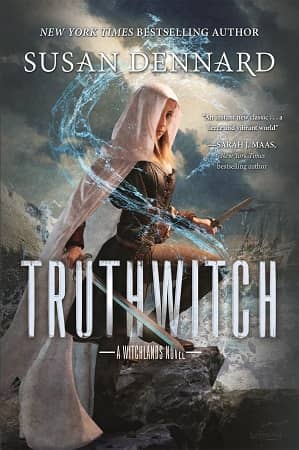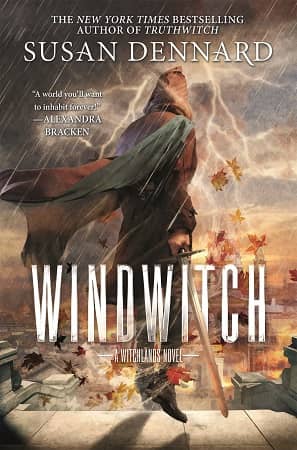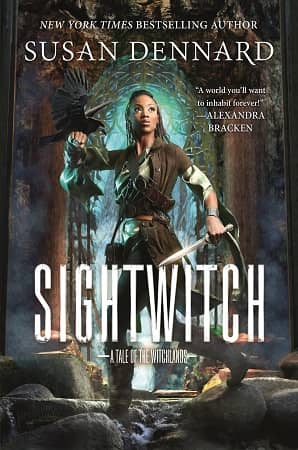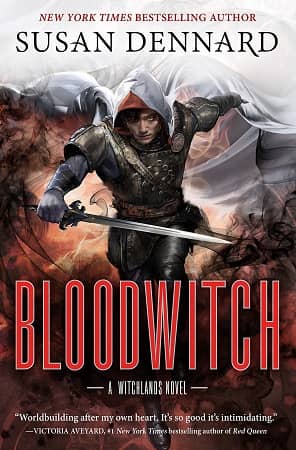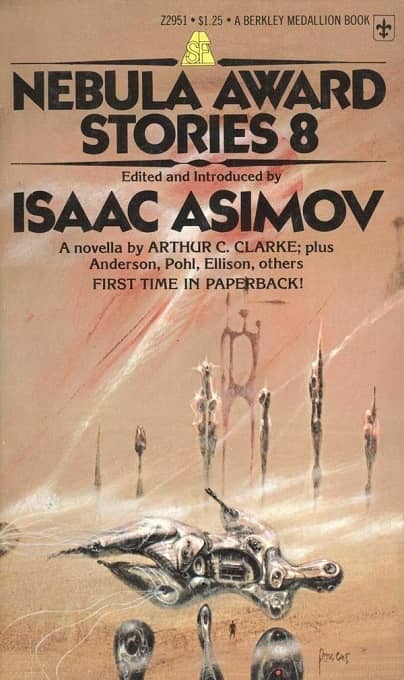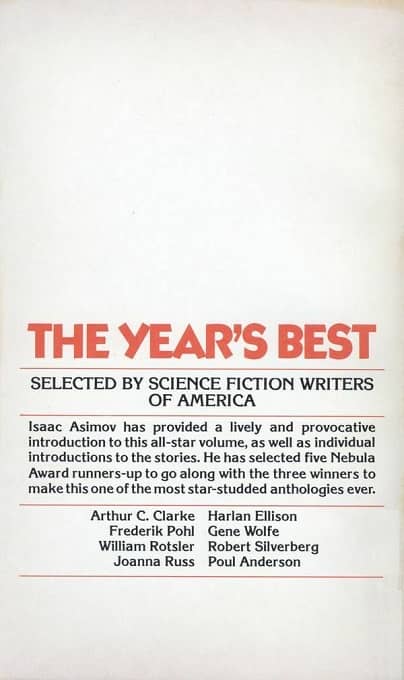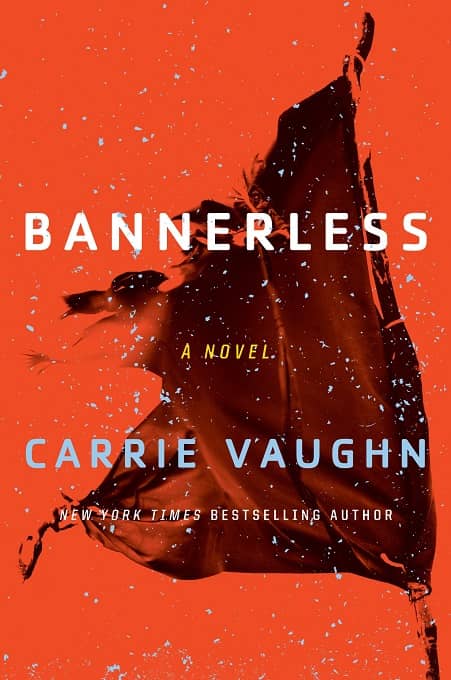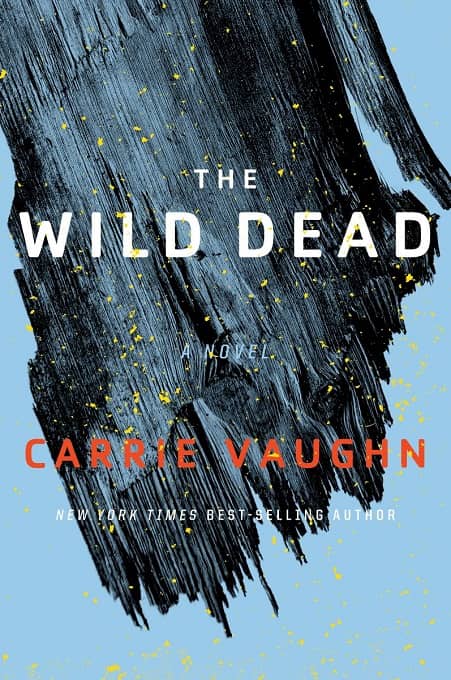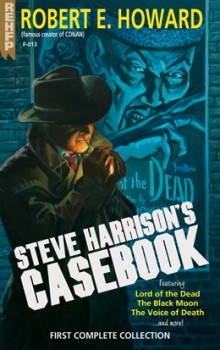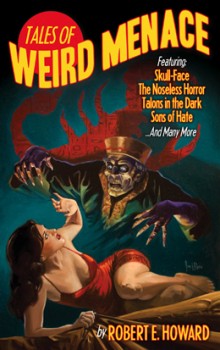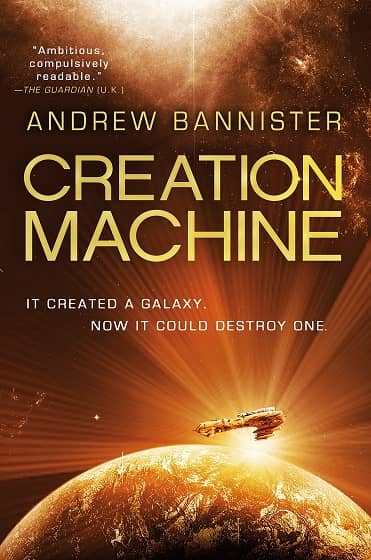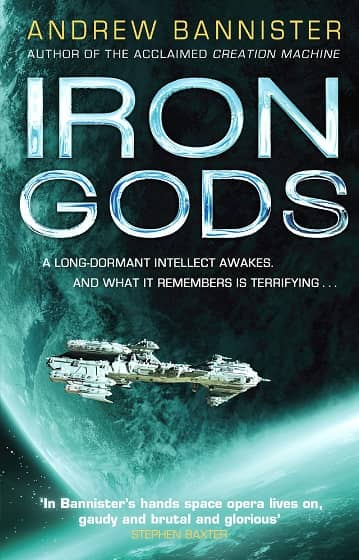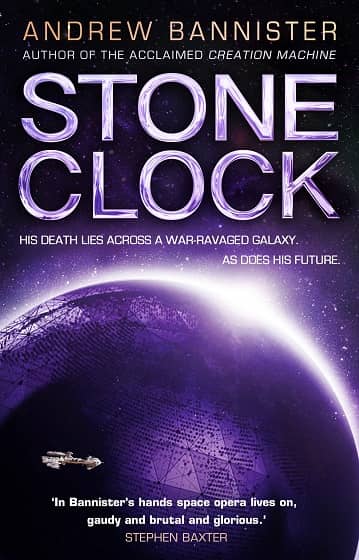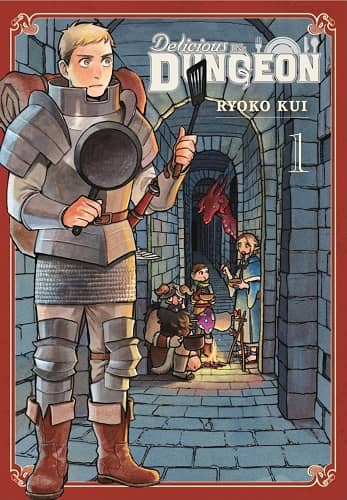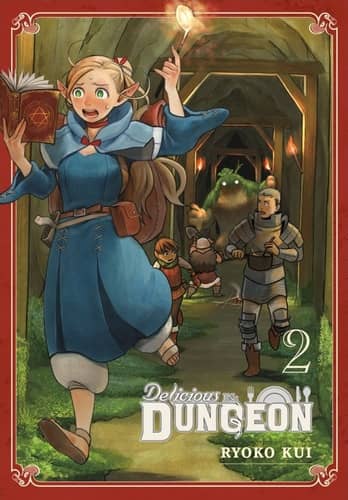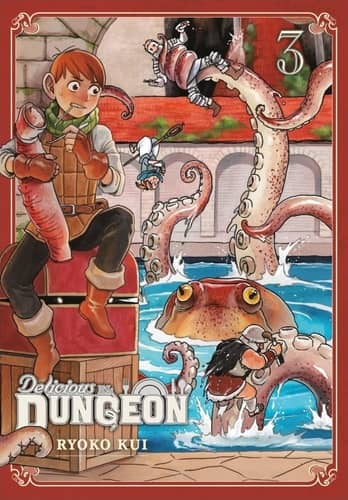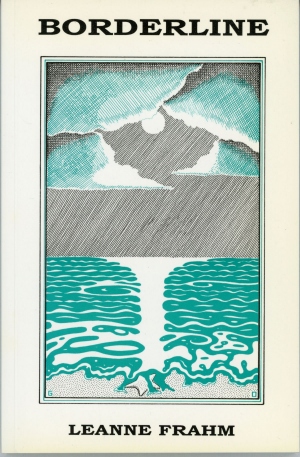The Golden Age of Science Fiction: “Can These Bones Lie?” by Ted Reynolds
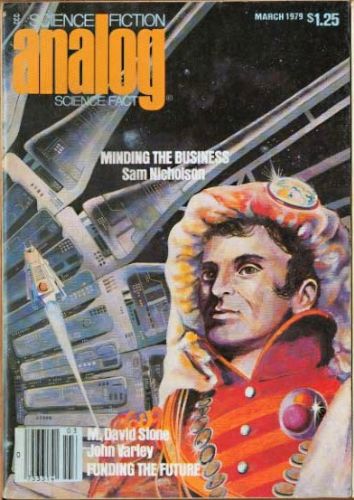
The Analog Award was launched in 1979 for works published in the magazine in the preceding year. The Short Story category was one of the original categories and has been given every year the award has been in existence. It was won the first year by Orson Scott Card for his story “Lifeloop.” In 1980, it was won by Ted Reynolds for his story “Can These Bones Live?” Reynolds was nominated again the following year in the same category for the story “Meeting of Minds.”
Reynolds opens “Can These Bones Live?” with a cliché. His main character awakens and doesn’t know where she is, having to explore the world anew and figure out what is going on. One of her earliest memories is that she has actually died, so she would seem to be in some sort of afterlife. Unfortunately, Reynolds spends too much time working this cliché as his never named viewpoint character continues to move through her uninhabited world, searching for other people, food, or any recognizable landmark. Her sole indication that she is still somewhere on Earth is her ability to recognize the Moon.
Eventually, Reynolds does take his story in a different, and unique direction, although it happens at a leisurely rate and he doesn’t really give the reader a reason to care about his protagonist. Eventually, she falls asleep and begins to commune with the Roanei, an alien race that informs her that humanity has gone extinct and she is the last human. If she requests it, the Roanei can bring humans back from extinction, but if they decide not to, the human race will remain dead.
